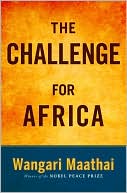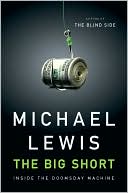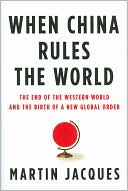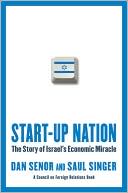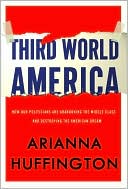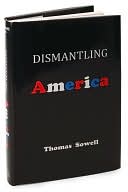Challenge for Africa
Search in google:
The troubles of Africa today are severe and wide-ranging. Yet, too often, they are portrayed by the media in extreme terms connoting poverty, dependence, and desperation. Here Wangari Maathai, Nobel Peace Prize laureate and founder of the Green Belt Movement, offers a refreshingly unique perspective on these challenges, even as she calls for a moral revolution among Africans themselves. Illuminating the complex and dynamic nature of the continent, Maathai offers “hardheaded hope” and “realistic options” for change and improvement. She deftly describes what Africans can and need to do for themselves, stressing all the while responsibility and accountability. Impassioned and empathetic, The Challenge for Africa is a book of immense importance. Publishers Weekly Africa's moral and cultural dysfunctions loom as large as its material problems in this wide-ranging jeremiad. Maathai (Unbowed), a Kenyan biologist and winner of the Nobel Peace Prize for organizing the tree-planting Green Belt Movement, surveys Africa's struggle with poverty and disease, political violence, climate change, the legacy of colonialism and a global economy that's stacked against it. But the deeper problem she sees is the selfishness, opportunism and shortsightedness of Africans themselves, from leaders who exploit their countrymen and loot their nations' resources to poor farmers who ruin the land for short-term gain. Maathai means this as an empowering message aimed at a mindset of dependency that would rather "wait for someone to magically make development happen"; she urges Africans to recover indigenous traditions of community solidarity and self-help, along with the virtues of honesty, fairness and hard work. Maathai shrewdly analyzes the links between environmental degradation and underdevelopment, and floats intriguing proposals, like banning plastic bags as a malaria-abatement measure. But the challenges she addresses are vast and intractable-and sadly, many of the development and environmental initiatives she extols seem to have already fizzled. (Apr.)Copyright © Reed Business Information, a division of Reed Elsevier Inc. All rights reserved.
Introduction: On the Wrong Bus One The Farmer of Yaoundé Two A Legacy of Woes Three Pillars of Good Governance: The Three-Legged StoolFour Aid and the Dependency Syndrome Five Deficits: Indebtedness and Unfair TradeSix Leadership Seven Moving the Social Machine Eight Culture: The Missing Link? Nine The Crisis of National Identity Ten Embracing the Micro-nations Eleven Land Ownership: Whose Land Is It, Anyway? Twelve Environment and Development Thirteen Saving the Congo Forests Fourteen The African FamilyAcknowledgments Notes Select Bibliography Index
